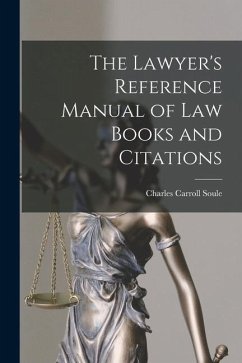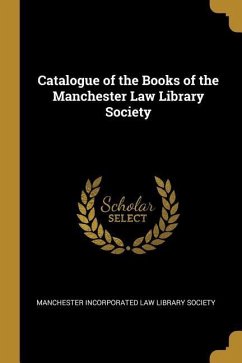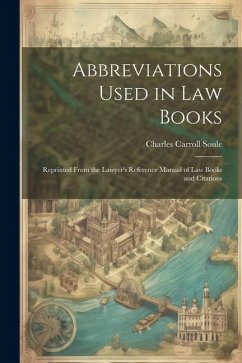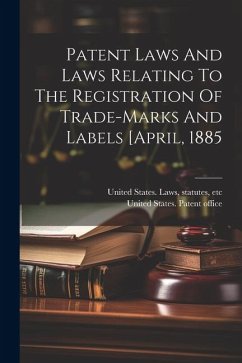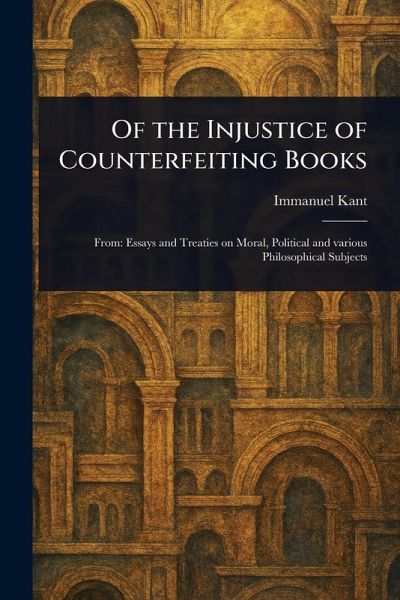
Of the Injustice of Counterfeiting Books

PAYBACK Punkte
7 °P sammeln!
Explore the philosophical underpinnings of copyright law with Emanuel Kant's insightful essay, "Of the Injustice of Counterfeiting Books," extracted from "Essays and Treaties on Moral, Political and various Philosophical Subjects." This crucial work delves into the ethical and legal dimensions of intellectual property, presenting Kant's reasoned arguments on the rights of authors and the responsibilities of publishers. Kant's exploration of justice, ethics, and the law offers a compelling historical perspective on the complex issues surrounding copyright. His analysis remains relevant in conte...
Explore the philosophical underpinnings of copyright law with Emanuel Kant's insightful essay, "Of the Injustice of Counterfeiting Books," extracted from "Essays and Treaties on Moral, Political and various Philosophical Subjects." This crucial work delves into the ethical and legal dimensions of intellectual property, presenting Kant's reasoned arguments on the rights of authors and the responsibilities of publishers. Kant's exploration of justice, ethics, and the law offers a compelling historical perspective on the complex issues surrounding copyright. His analysis remains relevant in contemporary debates about intellectual property and the balance between individual rights and the public good. This essay provides a valuable contribution to the fields of legal history, ethics, and moral philosophy. Discover Kant's perspective on the foundations of publishing and the enduring importance of protecting intellectual creation. This work has been selected by scholars as being culturally important, and is part of the knowledge base of civilization as we know it. This work is in the public domain in the United States of America, and possibly other nations. Within the United States, you may freely copy and distribute this work, as no entity (individual or corporate) has a copyright on the body of the work. Scholars believe, and we concur, that this work is important enough to be preserved, reproduced, and made generally available to the public. We appreciate your support of the preservation process, and thank you for being an important part of keeping this knowledge alive and relevant.






![Second Hand Law Books [microform]: Including the Law Library of the Late James Bethune, Q.C. and Remnants of the Libraries of the Late Chancellor Spra Cover Second Hand Law Books [microform]: Including the Law Library of the Late James Bethune, Q.C. and Remnants of the Libraries of the Late Chancellor Spra](https://bilder.buecher.de/produkte/65/65510/65510827n.jpg)
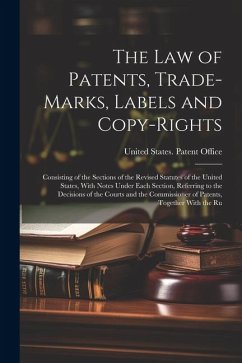
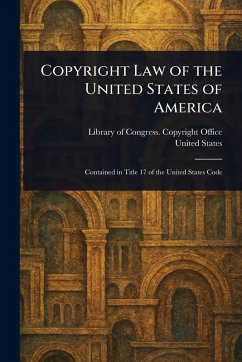
![A Catalogue of Second-hand Law Books and Reports [microform]: Many of Which Are the Latest Editions Including a Large Number of Old and Rare Works on Cover A Catalogue of Second-hand Law Books and Reports [microform]: Many of Which Are the Latest Editions Including a Large Number of Old and Rare Works on](https://bilder.buecher.de/produkte/66/66140/66140360n.jpg)
